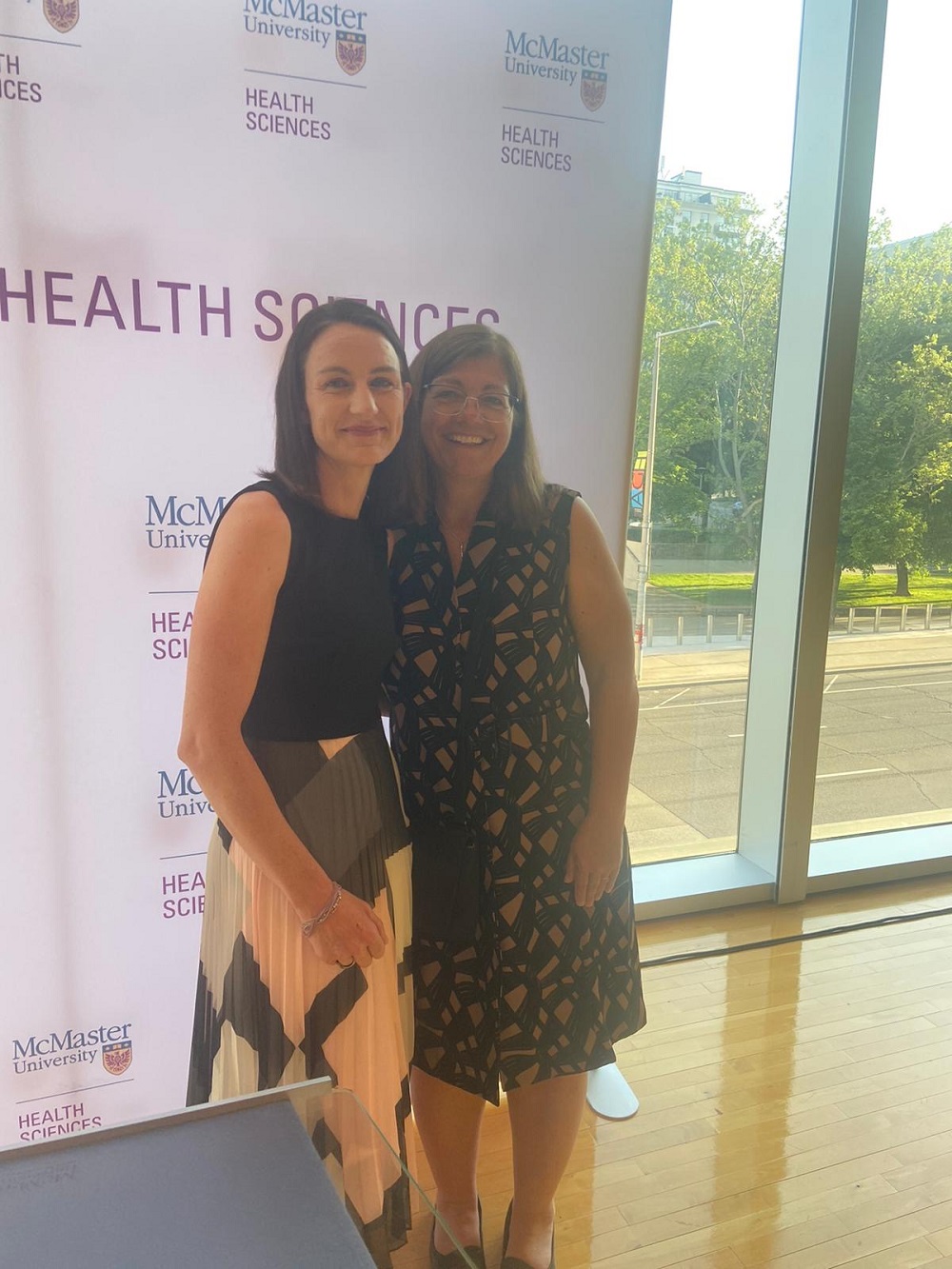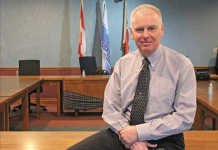McMaster University professor Sharon Kaasalainen has dedicated her life to researching ways to improve the quality of care for residents of Canadian long-term care homes, particularly those living with dementia.
The Minden resident will share her thoughts on a “broken system” in Ontario, which she feels places more emphasis on limiting liability than encouraging LTC residents to live fulfilled lives, at a Rural Living and Dementia Care conference coming to Pinestone Resort June 3.
The event, co-hosted by McMaster and Aging Together as Community Haliburton Highlands (ATAC), will feature some of the world’s brightest minds when it comes to caring for the elderly. Kaasalainen believes some of the guests may present answers to one of the country’s most concerning, and longest standing issues.
“We really struggle with the limitations around long-term care in Canada. There are heavy regulations that doesn’t really support a lot of innovation. The focus tends to be not so much on quality of living, just living,” Kaasalainen said.
The university professor said she has spent 30 years researching the issue. Recently, she turned her attentions overseas to see what was working elsewhere.
She and seven other researchers traveled to the Netherlands in June 2023, where they got a crash course on green care farms.
An alternative living arrangement for people with dementia, the facilities typically have a smaller number of residents – between six and eight – who live together in a homelike environment. Support staff are not only responsible for personal and medical care, but also organizing activities. The most important thing, Kaasalainen said is allowing residents to preserve a sense of autonomy and identity.
Dr. Judith Meijers, an associate professor at Maastricht University in the Netherlands, is one of the world’s leading voices promoting the benefits of the green care farm model. She will be at the Pinestone Monday to share her experiences.
Also there will be Dr. Irene Hartigan, an Irish researcher who works at University College Cork. She will present on the benefits of integrating animal and naturebased relationships into something she calls the namaste care model.
“Namaste care is all about making meaningful moments for people – looking at their past interests, things they like to do, and engage with them so they can have a more sensory experience and be in the moment. It’s about living right up until the moment you die,” Hartigan said.
She said the concept is working in pockets across Europe, but there are examples of it in Canada too – including here in Haliburton County.
Hartigan visited Walkabout Farm Therapeutic Riding in Minden last week, where owner Jennifer Semach welcomed individuals from Hyland Crest long-term care home for equine-based programming.
“The energy around the place was incredible – the residents all looked very happy. But I know that kind of experience is much different to the norm,” Hartigan said.
Other speakers include Dr. Sandy Shamon, a University of Toronto lecturer and assistant clinical professor at McMaster, who will talk about how to break down the barriers for improved dementia care; Dr. Anthea Innes, a McMaster professor who will discuss challenges and opportunities around rural dementia care; Dr. Karen Thompson, a Trent University professor, talking about how something as simple as regularly tending to a vegetable garden can help people living with dementia; and Dr. Elizabeth Russell, associate professor of psychology at Trent, who will provide an update on the university’s rural aging research program.
Haliburton Highlands Health services CEO Veronica Nelson will also be speaking on the theme of ‘where do we go from here?’
The conference runs from 9 a.m. to 4 p.m. and is free to attend.
Kaasalainen said she hopes it will help spark conversations around much-needed changes to the system.
“We’ve grown accustomed to locking people away in long-term care homes when they present with issues like dementia, but it doesn’t have to be that way… funding is an issue, but our biggest challenge is changing the way we think,” she said.
“The number of people living with dementia has almost doubled over the past 20 years. We need to find ways where we can care for people and provide them with a quality of life… instead of simply discarding them and leaving them to die in long-term care,” she added.





